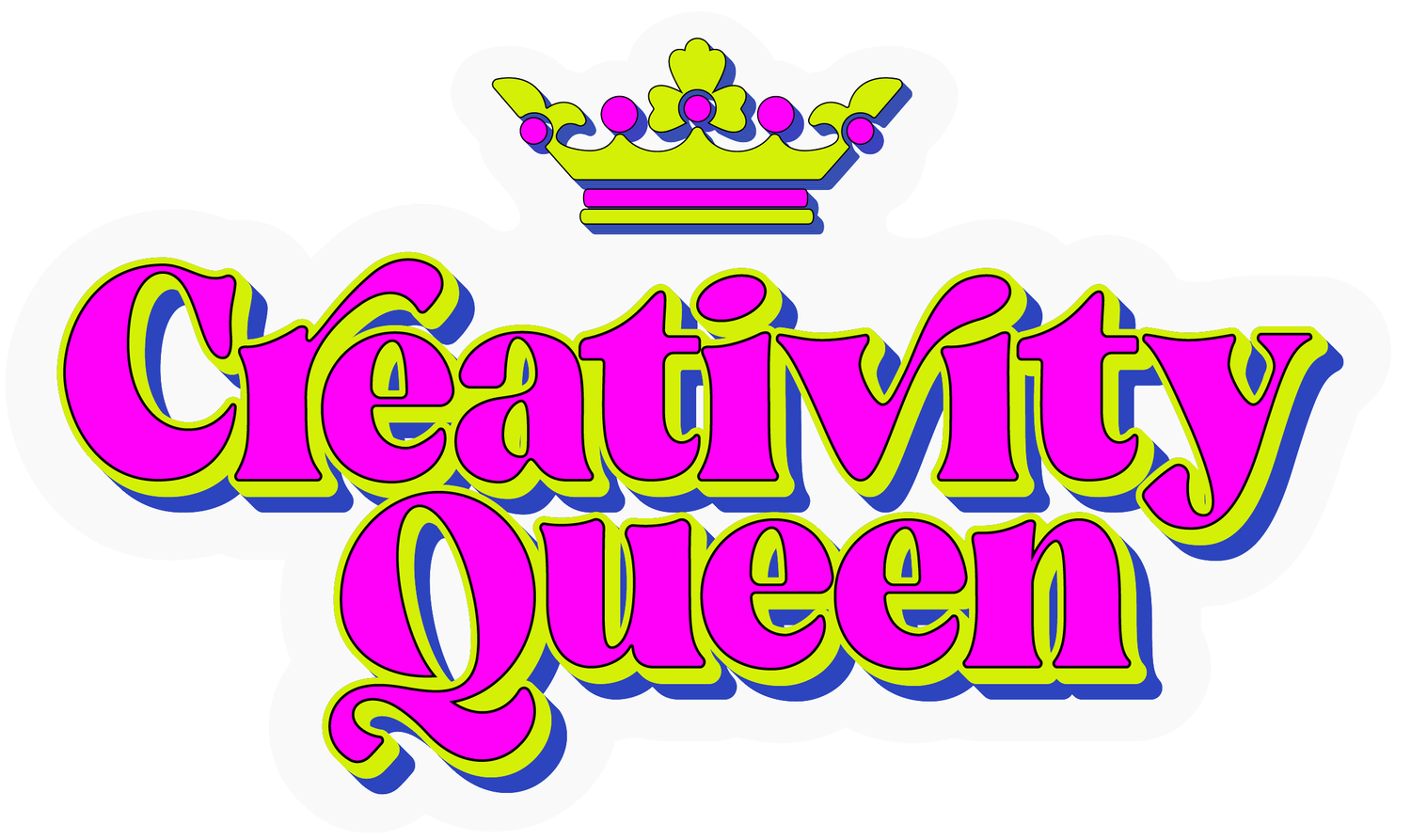What is a child occupational therapist and what are the signs your child may need one
girl
What's a child occupational therapist and what are the signs your child may need one? An interview with Michelle Matteoli Adams, licensed Occupational Therapist and founder of Pediatric Therapy Solutions, Inc. Bradenton and Sarasota, FL.
What's Pediatric Occupational Therapy?A child's occupation is to learn, play, explore, interact, function, and communicate at an age appropriate level so they can be successful both at home and in school. An OT helps children achieve the goals of functioning appropriately at home and in school environments so children can accept and integrate new knowledge and experiences to learn and achieve.
What are the signs that your child may need to be evaluated by an Occupational Therapist?
There may be delays and the child is not meeting developmental milestones. The child may be struggling in peer groups or at school with emotional or behavioral issues, or a teacher/counselor may notice that the child has delays in development. A child may have sensory issues, they may be hypersensitive (over reactive) or hyposensitive (under reactive) to their environment and they may react because the environment is too overwhelming.Some of the common issues children have that suggests they should consult with an OT may include: poor handwriting, picky eaters, issues with potty training, disruptive sleep cycles or difficultly sleeping, bathing/brushing teeth issues, reactive to environment, clothing sensitivities, difficulty self-regulating behaviors and developmental delays such as rolling over, sitting, crawling, walking, bike riding, etc.
Sometimes parents think their child's problems are just behavioral issues. How do you help them to determine if there is something more such as sensory or processing issues?
With a comprehensive evaluation it is determined and the treatment goals are developed to help best support that child. Let’s say that the issues are sensory related we teach the child and parent sensory protocols, external resources to control and regulate their body. We teach parents how to implement this in the home with what they have, so they don’t have to go out and purchase anything extra. Instead, they can use common household items to help their child calm and attend. This is often referred to as a “sensory diet.” A sensory diet includes various sensory protocols such as brushing programs and listening (music) programs coupled with activities that stimulate specific sensory organs that naturally can occur at home with the ultimate goal being to functional appropriately at home/school ready to accept new knowledge and attend and learn and achieve in their environment. Our Pediatric Therapy Services Include:
Developmental Screenings
Evaluations
Treatment Plans
Home Programs
Speech-Language Skills
Fine motor Skills
Gross Motor Skills
Fine motor Skills
Visual-Motor Skills
Visual Perceptual Skills
Handwriting Skills
School Readiness Skills
Self-Care Skills
Oral-Motor Skills
Sensory Integration
Self-Regulation/ Sensory Modulation
Activities of Daily Living (ADL’s)
What are the typical children you see in your Pediatric Occupational Therapy practice?
The ages range from 0-18 years of age. We treat children with Down’s syndrome, cerebral palsy, genetic disorders, children on the autism spectrum (ASD) including those with Asperger’s, children with attention deficit disorder (ADD) and attention deficit and hyperactivity disorder (ADHD). Also, children with learning disabilities, developmental delays, auditory processing issues, sensory integration dysfunctions, and behavior and self-regulation issues.
What are some of the results parents can expect when working with a Pediatric Occupational Therapist?
Children who attend Pediatric Occupational Therapy often feel better about themselves and their bodies. They are happier and there is an increase in positive affect because their body is able to move in a more controlled fashion. The families learn how to support their child and help them be successful in multiple environments, they function better in school and there is an increase in academic success, better grades, improved attention, and improved sleep patterns and diet.
What other services do you offer?
We also provide speech and language therapy and Interactive Metronome which is an assessment and treatment tool to improve neurological processing, motor planning and sequencing beneficial for those children with ADD/ADHD, autism spectrum disorder, cerebral palsy, non-verbal learning disorders, and auditory processing delays.Our treatment modalities also include:
Therapeutic Listening Program ®
Oral Tactile Technique
Wilbarger Deep Pressure Protocol
Handwriting Without Tears ®
How Does Your Engine Run? ®
If a parent has a concern about their child what's the best way to learn more?
You can go to http://www.pediatrictherapysolution.com/home.htmland download the Free Developmental Checklists. You'll find Checklists for Fine and Gross Motor Skills & Visual Motor Skills, Self-Care Skills, Speech & Articulation, and Language Skills. You can also contact me at or 941.360.0200 or michelle@pediatrictherapysolution.com to schedule an initial phone consultation.
I appreciate all of your generous information Michelle! Over the years we've had the opportunity to collaborate together and help children by coordinating our services. Children who come to occupational therapy often benefit from art therapy to reinforce positive expression of their feelings and learn creative ways to manage their behaviors to get their needs met. Many of the children in Art Therapy can benefit from the skills taught in Occupational Therapy. It's amazing to watch the children and families make remarkable gains when occupational therapy and art therapy are used in tandem! Thanks again Michelle!!

